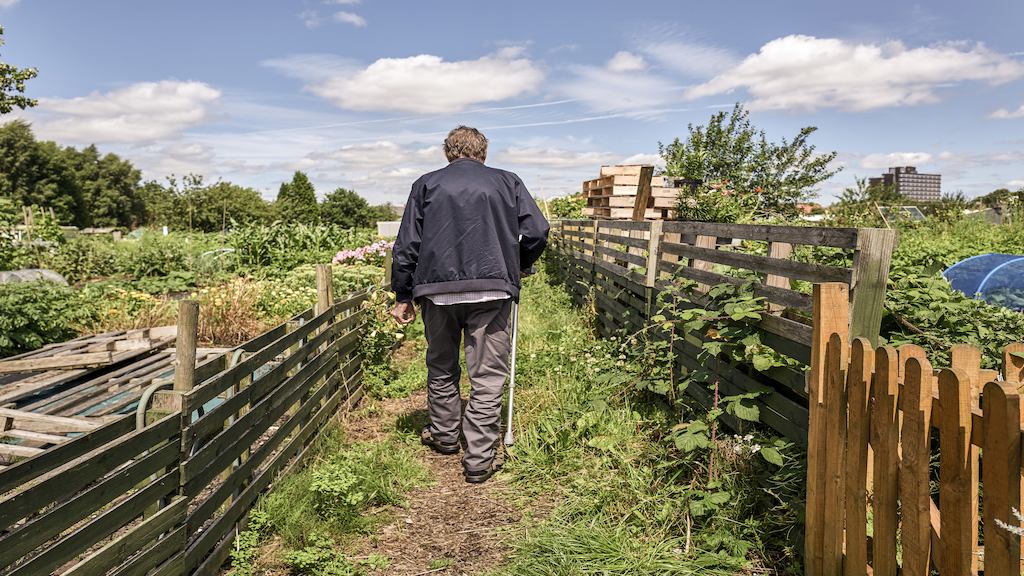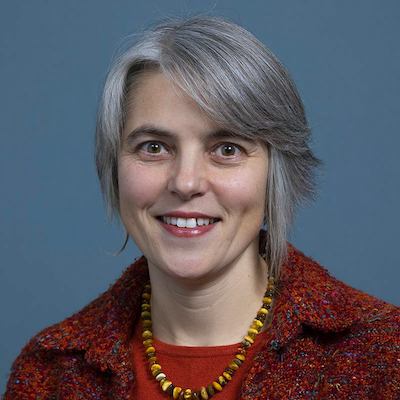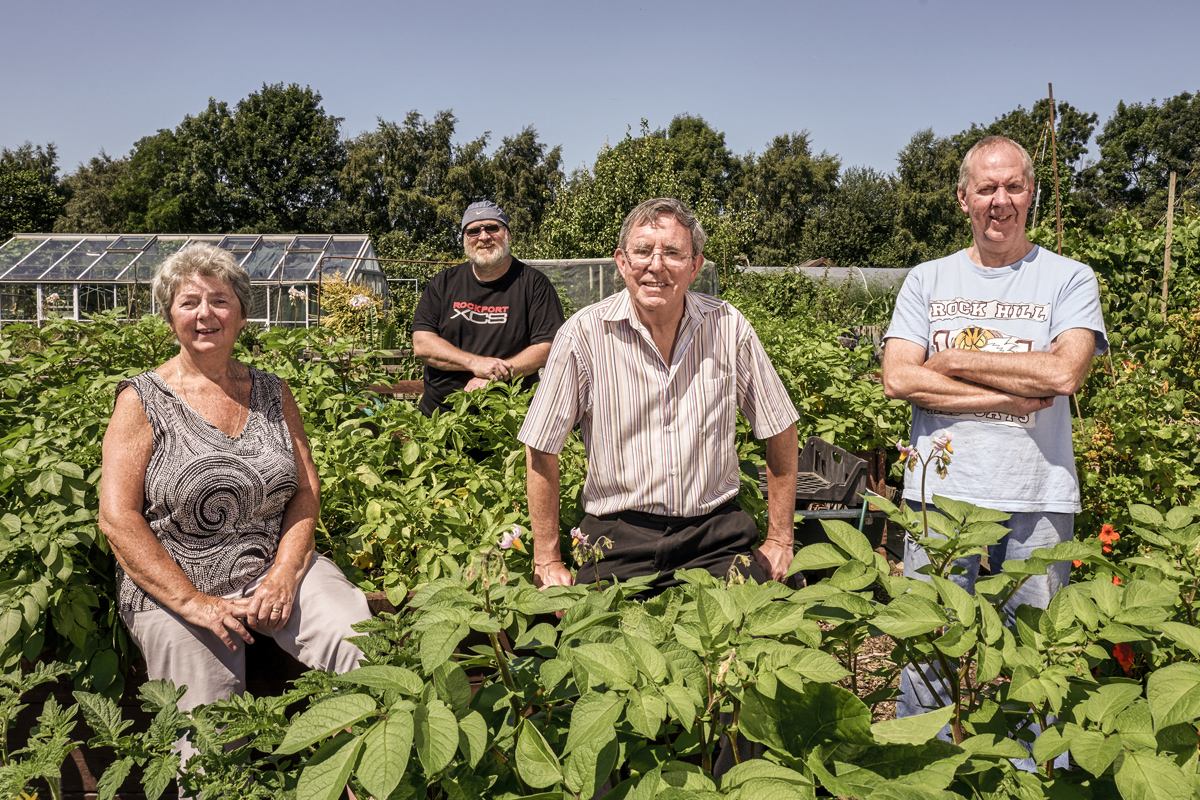Since I was given the 'Happy to Chat' badge at the launch of the Commission I have tried to make an effort to stop and chat to the people I pass regularly in my street. People like Jeremy who has health problems and lives alone. Every morning when I open my curtains he is sitting on the bench in the park opposite my house. When I pass on my way to the swimming pool or work, we say hello and ask each other how we are. He is always happy to chat.
Or my neighbour in his 70s. I often catch him smoking outside his front door. We chat about his work and why he doesn’t want to give it up, the struggle when his wife was ill, and how he misses the sunshine in his home country of Grenada. He is always happy to chat.
I have seen loneliness first hand. Bereavement, mental health, retirement, ill health, lack of money, a ‘chaotic’ home have all been factors in reducing people’s ability to have and sustain meaningful social relationships. I have also seen the benefits of being part of a faith community, of getting involved in local voluntary activities, of caring neighbours who look out for each other, of support groups.



